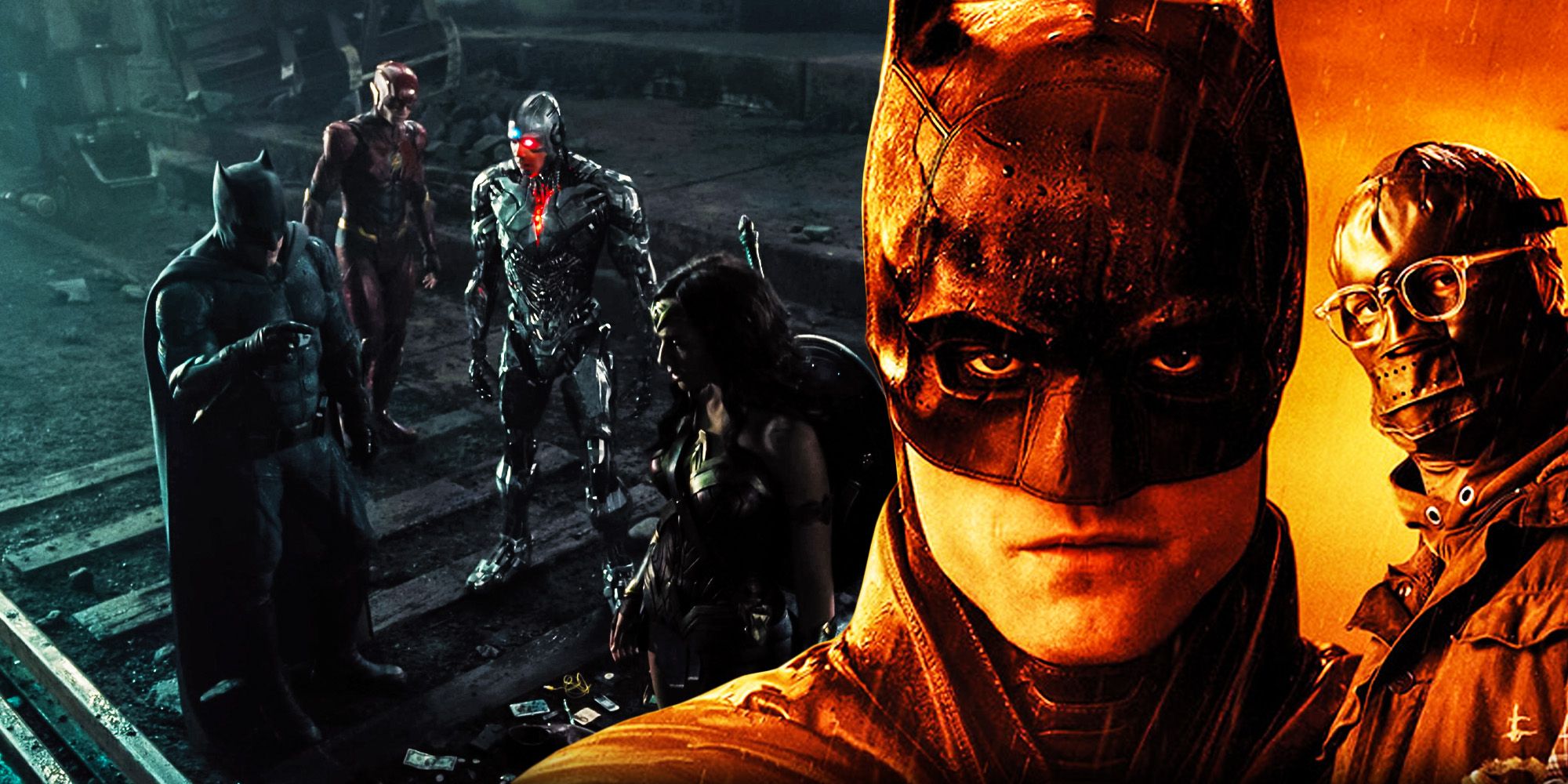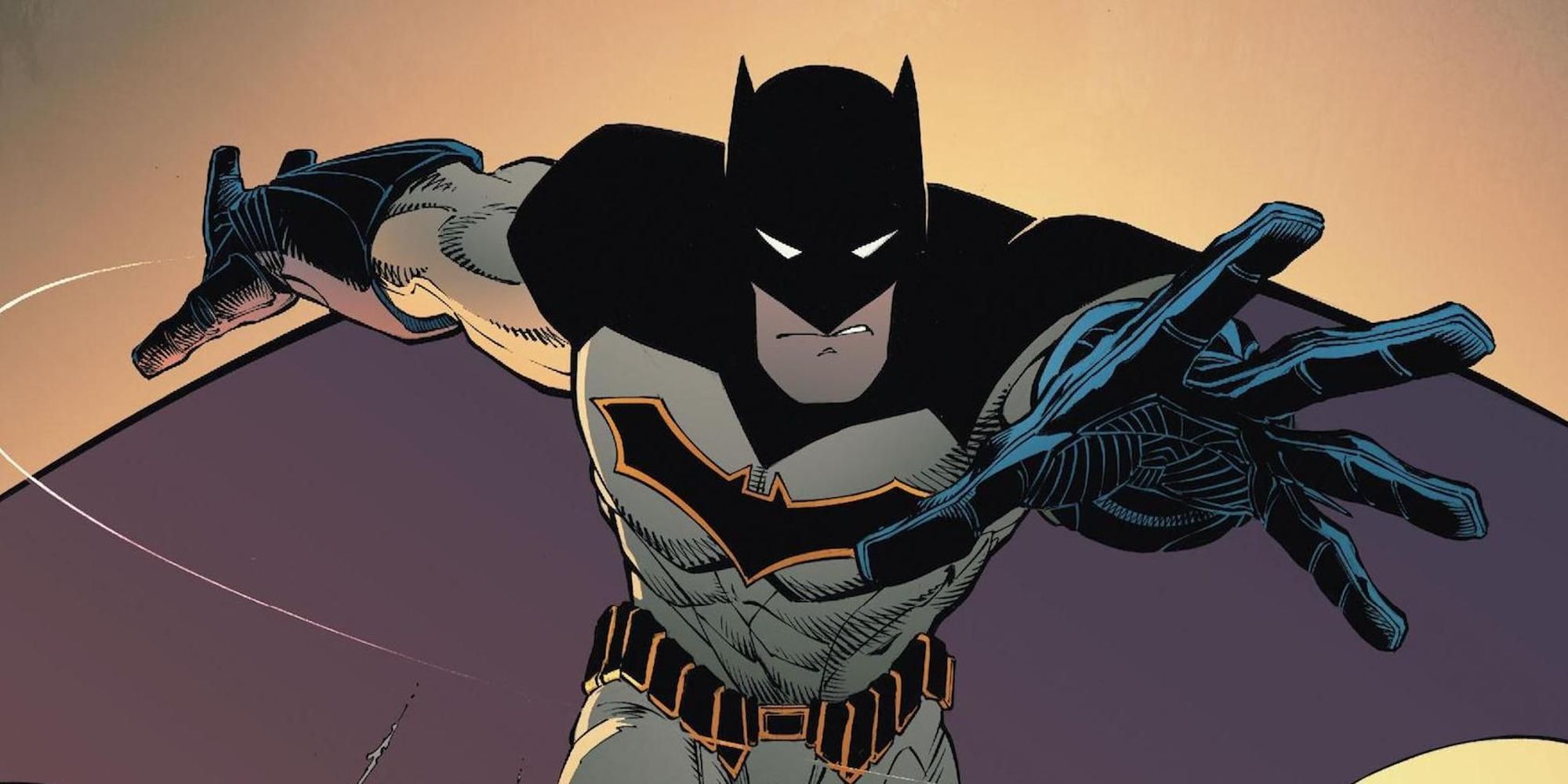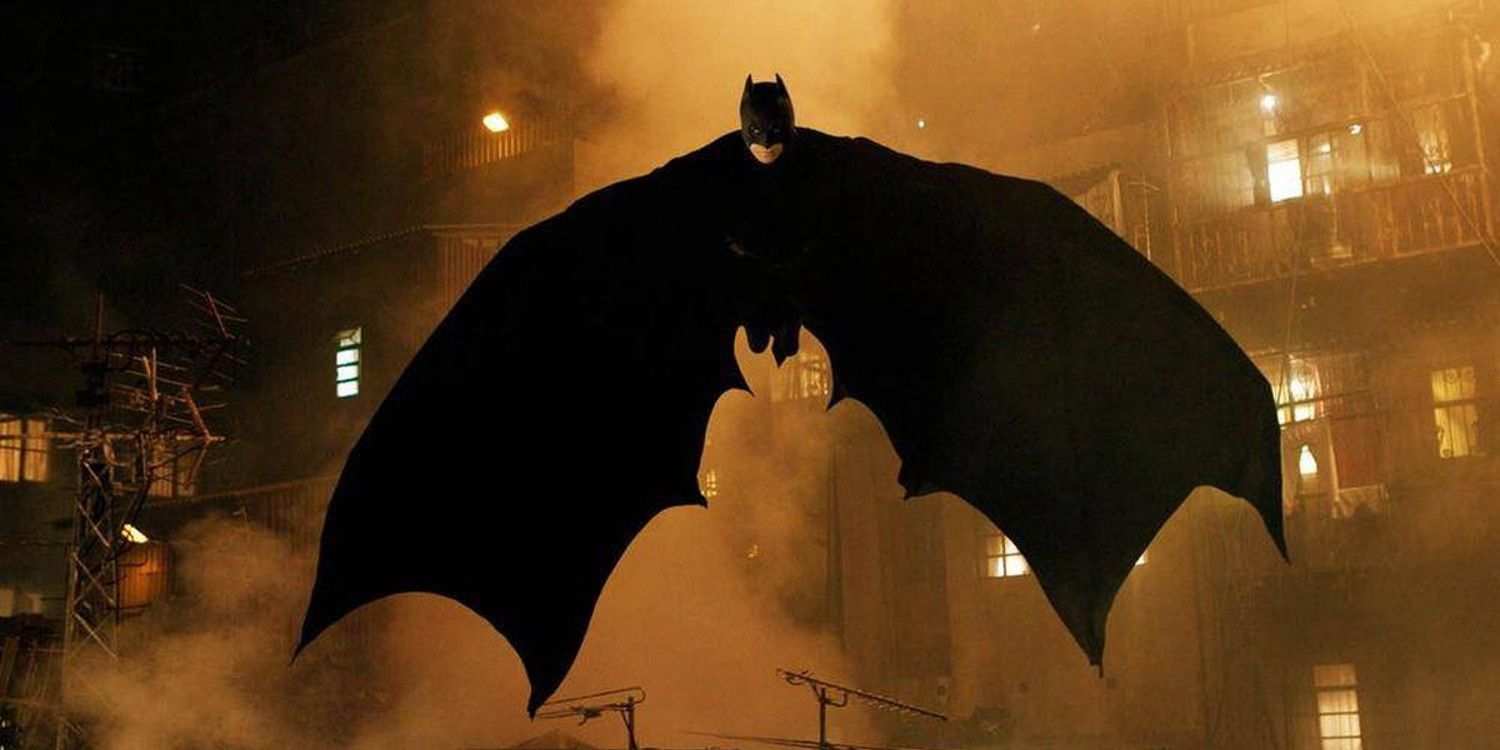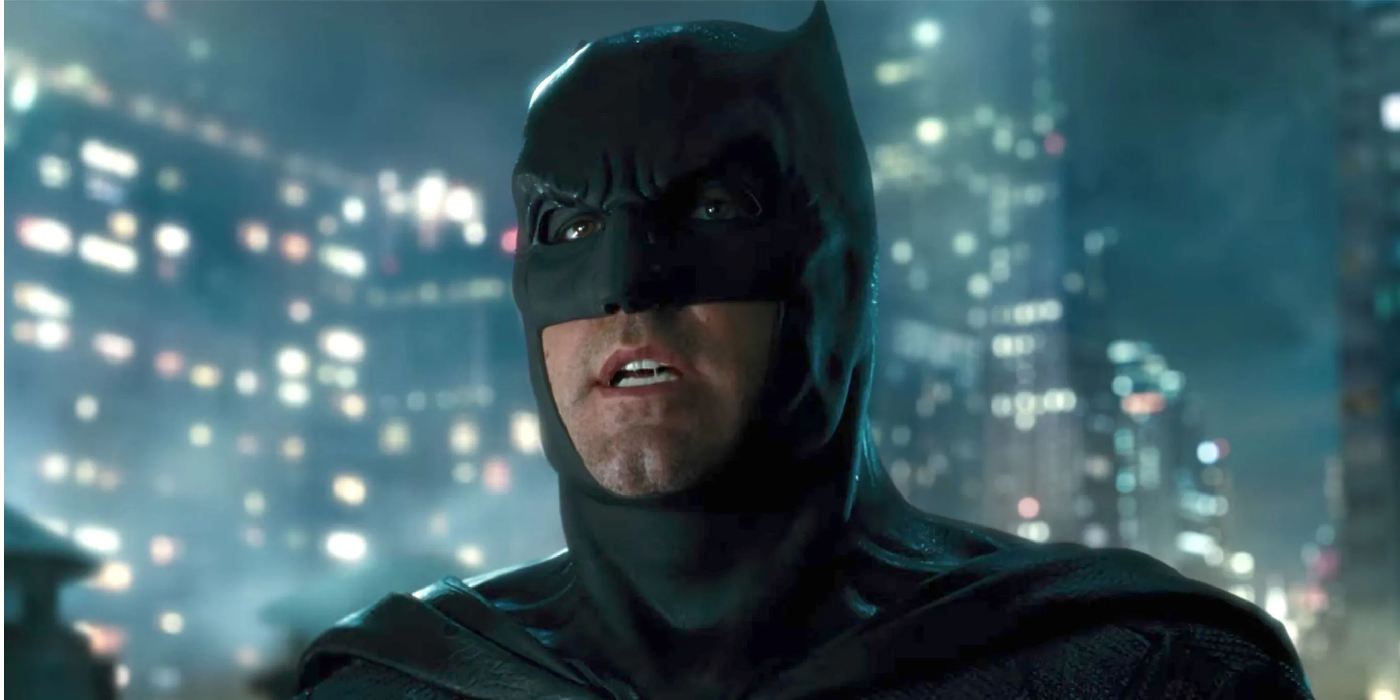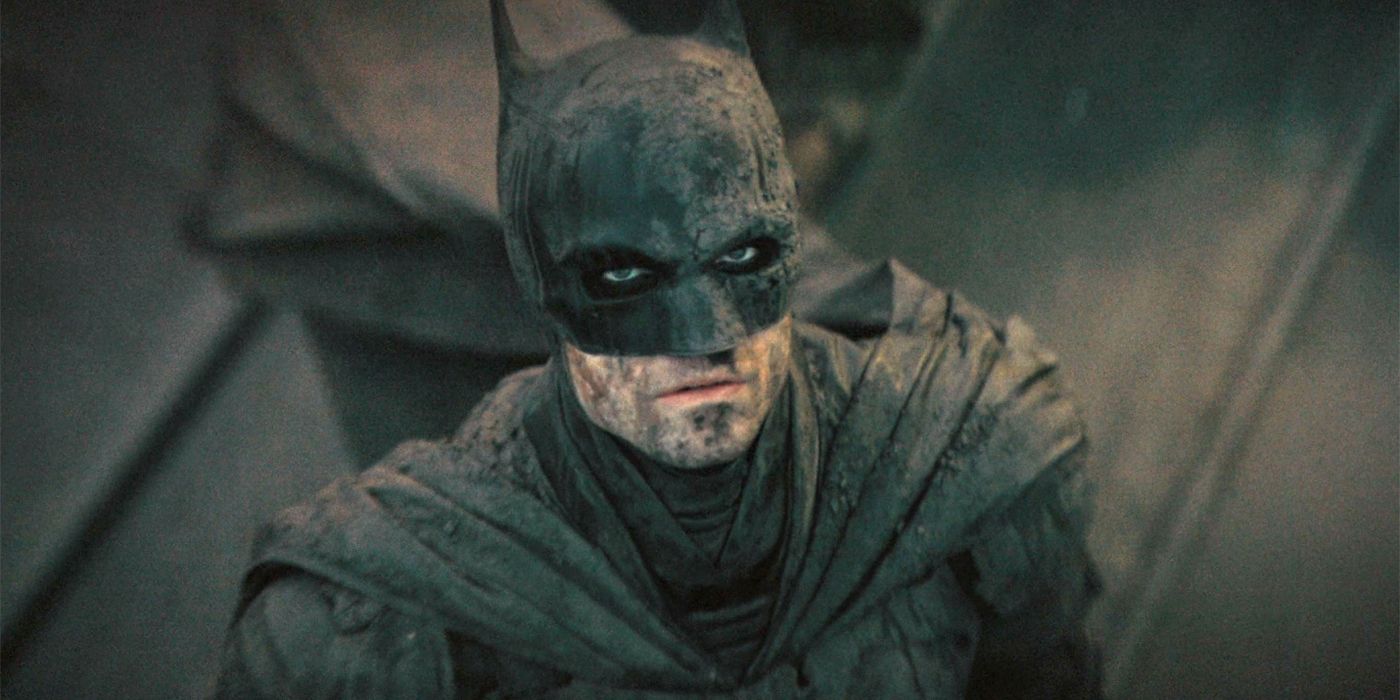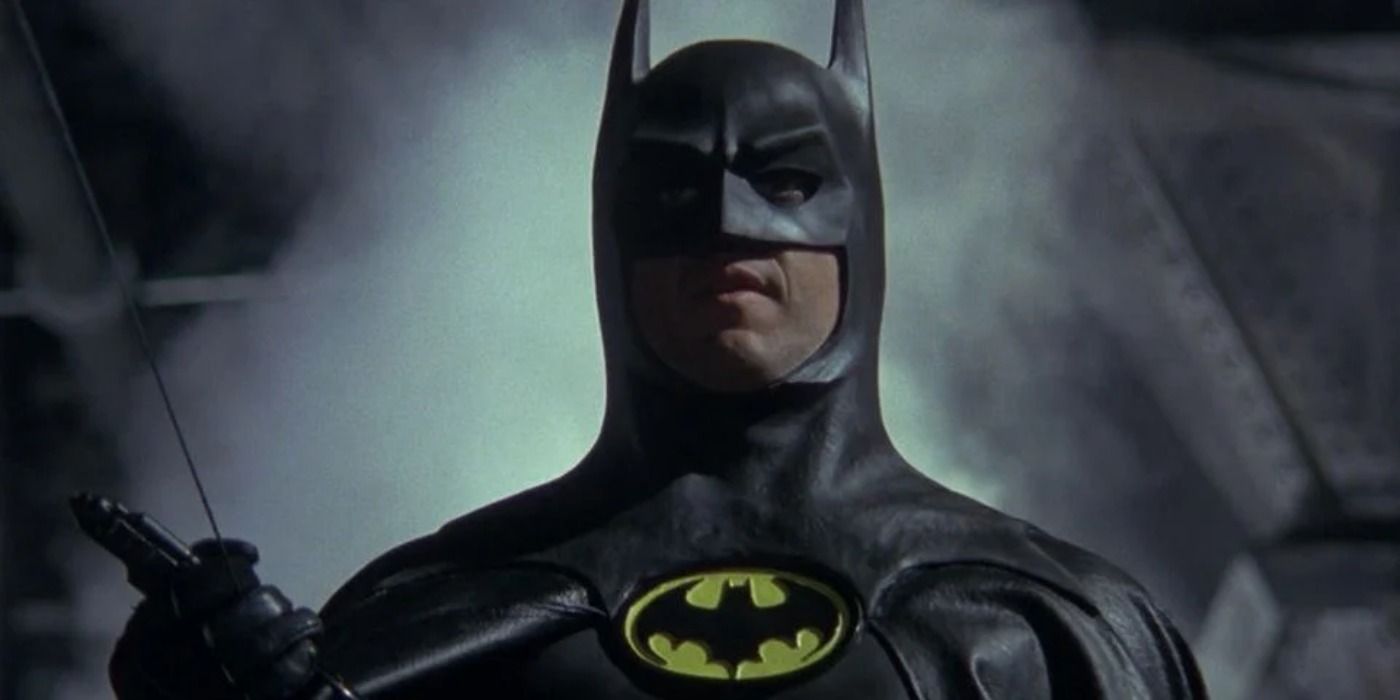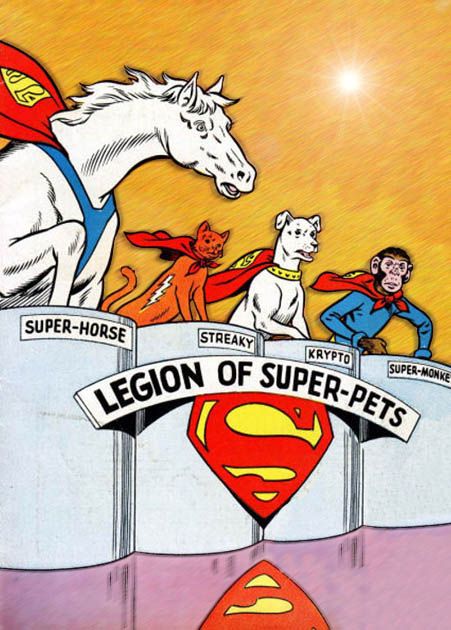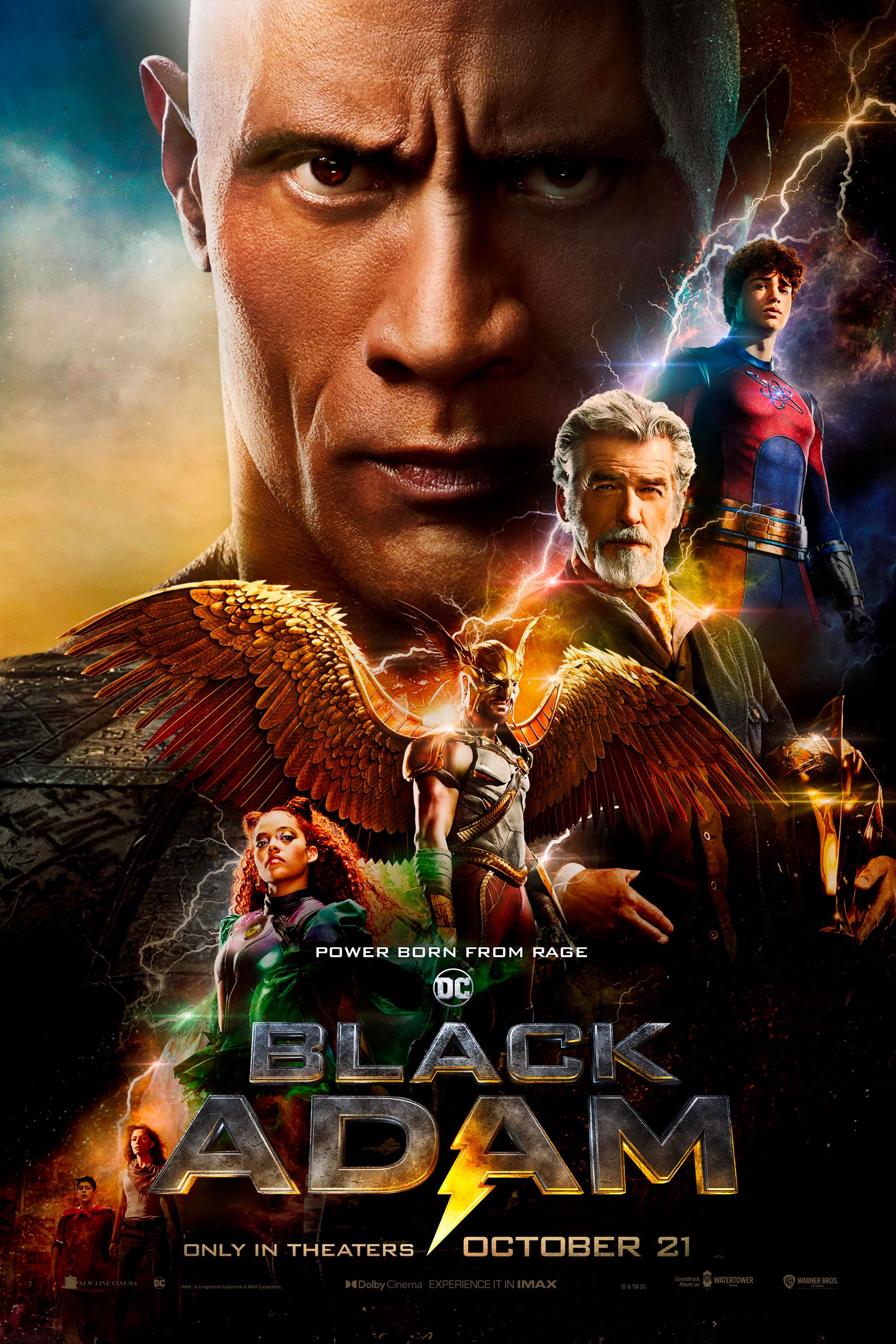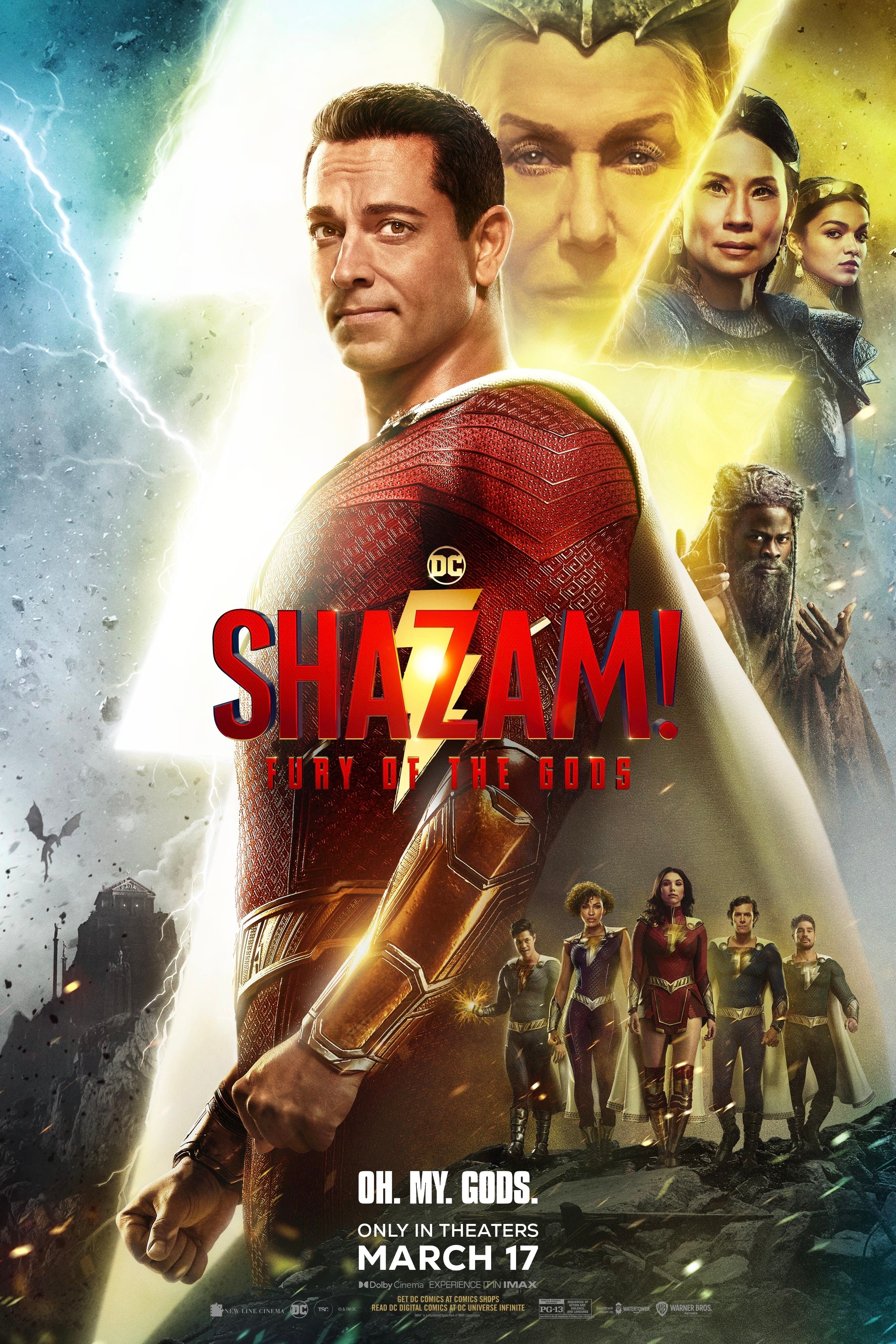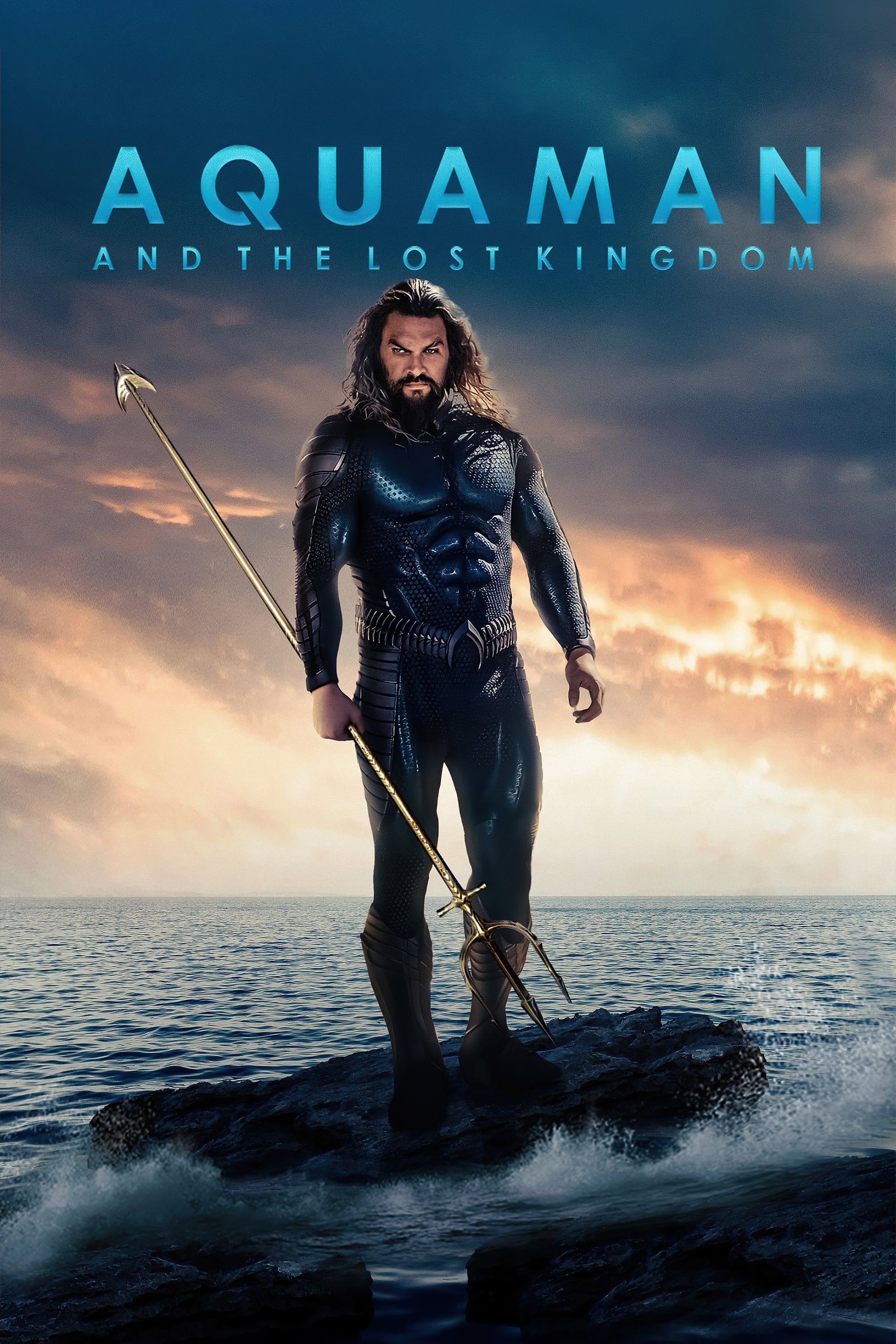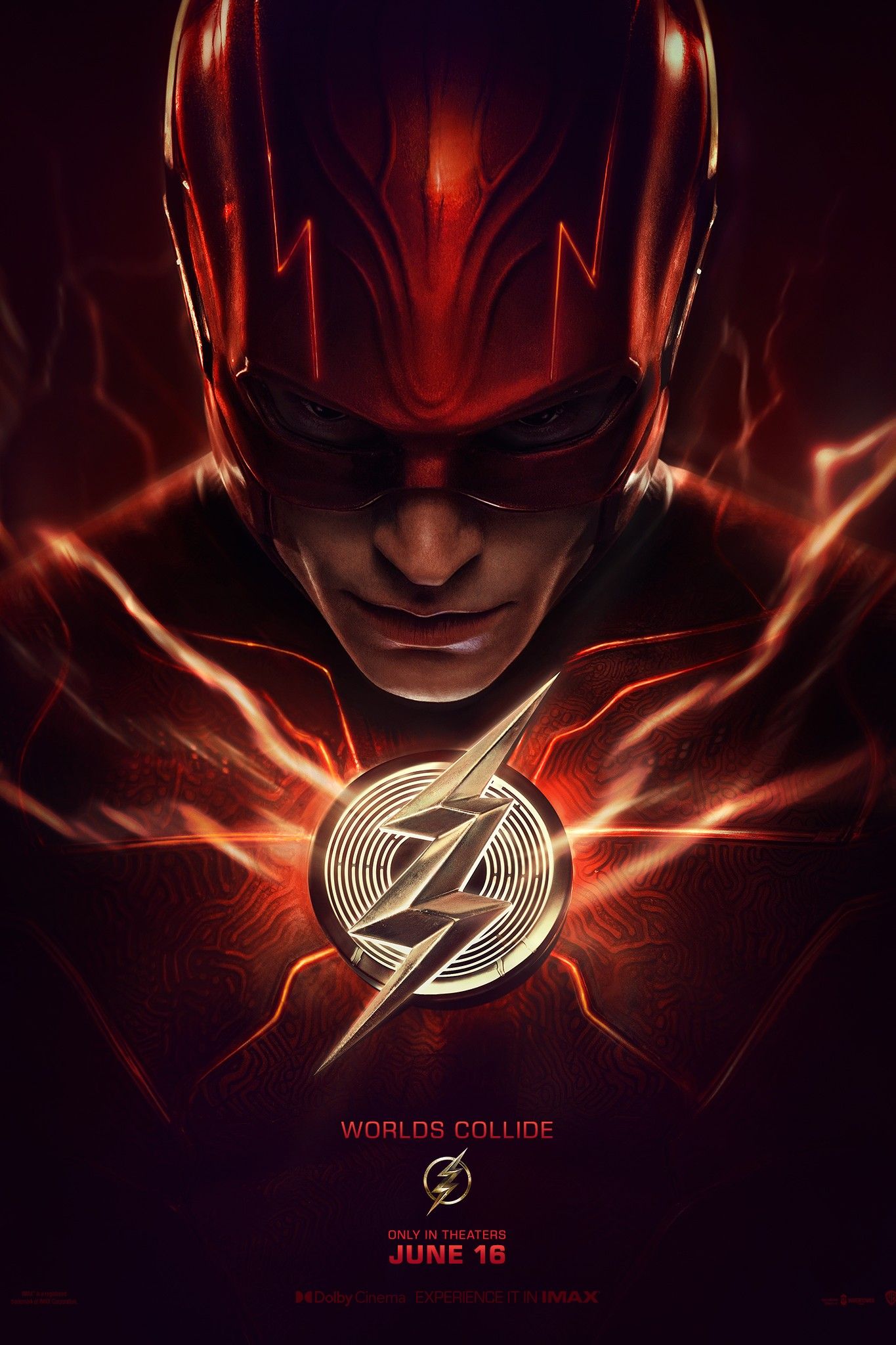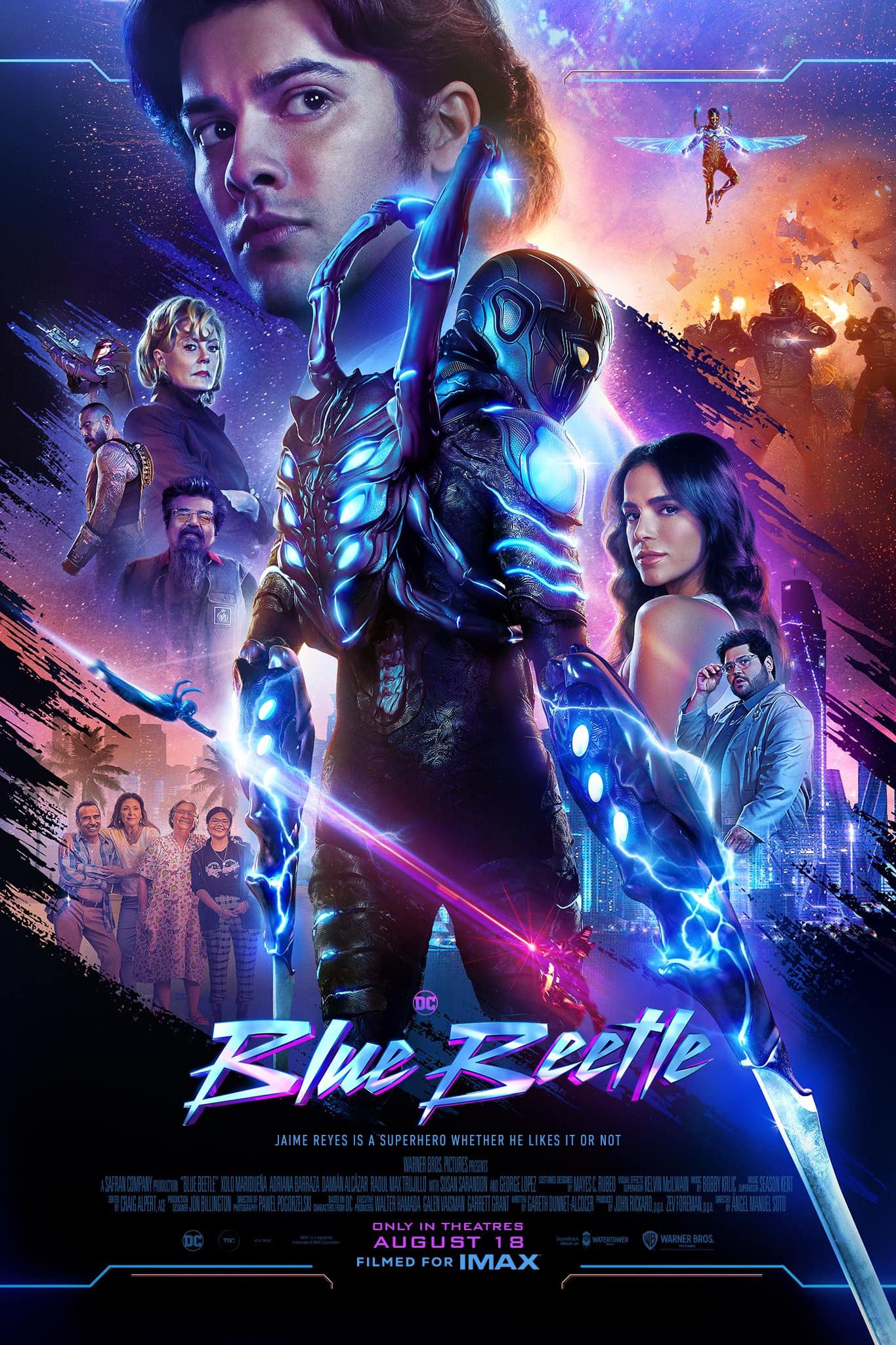With the massive success of The Batman, Robert Pattinson's turn as the titular vigilante has proved that Zack Snyder's first mistake with the character also created the DCEU's biggest Batman problem. Matt Reeves' The Batman sees Robert Pattinson don the cape and cowl in a much grittier and more grounded take on the character. Reviews for The Batman have been distinctly positive, praising both Pattinson's performance and the film's general characterization of its eponymous protagonist.
The Batman's story is wholly independent of the DCEU, whose version of the character has so far been played by Ben Affleck. The DCEU itself has been plagued with issues, both behind-the-scenes and in the critical response to its films. One of the franchise's biggest problems lies in its tone, often considered over-serious, with other criticisms also leveled at how the DCEU handled Affleck's Batman overall.
While The Batman's tone is equally serious, it has generally managed to avoid these same criticisms, which highlights exactly what the problem with the DCEU's Batman has been. Batman himself is a dark and brooding figure, but forcing a character of his nature to interact with other DC heroes (who are traditionally much less dark) affects the overall impact the heroes in question have on their own stories. Being independent of these other heroes, the Batman allows its titular character to be dark and serious with no risk of contradiction or any undermining elements. This DCEU problem is compounded by the approach Snyder took to the character in his early franchise installments.
Batman Is One Of DC's Most Iconic Heroes
Batman's status as one of the most iconic pop culture figures is undeniable, and therefore, he was always going to be given a place of importance in DC's cinematic universe. Robert Pattinson's Batman is but the latest in a long string of cinematic iterations of the character, and the Caped Crusader's movie history has seen him undergo several significant changes, with many actors associated with the role over the years. As such, almost every audience member has certain expectations of the character, and these are often an important consideration for filmmakers.
Batman's iconic nature makes him an inherently integral part of any wider DC franchise, but his specific story and characterization can prove difficult to reconcile alongside other heroes. As the character is defined by witnessing the murder of his parents, Batman's tragic backstory is always a key part of the character, but it often makes him relatively humorless (especially in comparison to other heroes). However, as Batman is such a recognizable and well-loved hero, keeping him out of the DCEU (or any major DC franchise) is unthinkable.
The Dark Knight Trilogy (And The MCU) Secured Batman's Place In The DCEU
The DCEU officially began in 2013 with Zack Snyder's Man of Steel, but the franchise's foundations were initially intended to be built by Christopher Nolan's Dark Knight trilogy. The overwhelming popularity of Christian Bale's more grounded version of Batman led to Snyder's similar approach to Superman in Man of Steel, but it also proved that Batman was a character that audiences still wanted to see. After Nolan's insistence that his Dark Knight trilogy remains separate from the DCEU, the role was recast and rewritten for Ben Affleck to appear in Batman v Superman: Dawn of Justice.
However, the birth of the franchise was also inspired by the massive success of the MCU, and Batman's inclusion was a key part of DC's plan for their own rival cinematic universe. The MCU has its own superpower-less billionaire benefactor in Tony Stark, and Bruce Wayne is the obvious choice for this role within the DCEU. Once the success of the Dark Knight trilogy was also factored in, the darker, grittier Batman of the DCEU was subsequently born.
Why Ben Affleck's Batman Didn't Work In The DCEU
Many believe that the DCEU failed Ben Affleck's Batman by making the character too dark and serious and not allowing him any real emotional range. While this is generally true, the DCEU actually failed Ben Affleck in a much broader sense, as his Batman had genuine potential to be one of the franchise's most interesting and complex characters. This ultimately wasn't the case, as the DCEU rarely explored the deeper levels of the character by only having him appear in its movies alongside other heroes.
While Batman's role in Batman v Superman: Dawn of Justice and Justice League was substantial, Affleck's version of the character was never given a story that didn't revolve around his work with (or against) other heroes. This is a fundamental failure of the character, as many of Batman's greatest stories are solo ones. While this is something that Ben Affleck's solo Batman movie possibly could have fixed, the issues with the DCEU version of the character were potentially too deep-seated within the franchise to ever be fully redeemed, and the project was ultimately abandoned in favor of The Batman.
How The Batman Proves Batman Is Better Working Alone
The Batman was immediately praised by critics and audiences alike for its fresh take on the character that still afforded a certain reverence to his comic book roots, and it continues the trend of successful Batman movies in which the character works independently of other prominent DC heroes. In doing so, the film allows for a consistent tone that establishes The Batman's Gotham City as a dark and gritty setting, and its brutal action and noir story feels far more organic than the world of the DCEU.
By taking the character of Batman back to a more recognizable format, The Batman is able to capture the established tone of the character while still offering something new and exciting. Pattinson's Batman is a vigilante detective who maintains a "no-kill" rule without the need for outlandish technology to keep up with other heroes, and that's far more in line with what's expected of the character than the version that currently exists within the DCEU. While Ben Affleck's Batman certainly had potential, the way the franchise used him in conjunction with other heroes rather than alone wasn't the right approach, and The Batman's success proves that the Dark Knight is best viewed working alone in his current form.
Why The DCEU's New Batman Plan Will Work
With The Flash set to see its titular speedster explore alternate universes, the DCEU will soon introduce its own Multiverse narrative. This will alter the wider context of the DCEU in an obvious way, but it also allows for a shift in tone - namely, one that moves away from the over-serious nature of Ben Affleck's Batman. Through The Flash's Multiverse story, the DCEU will bring Michael Keaton's Batman into the franchise, with the current indications being that he will replace Affleck as the franchise's resident Dark Knight.
The reasons that Michael Keaton's return as Batman will work are the counterpoint to the reasons that Affleck's version of the character didn't. Keaton's Batman is dark without being overly brooding, and most importantly, his version of the character has a sense of humor that will play well with the characters of the DCEU. While most cinematic versions of Batman work far better independently of other DC heroes, Keaton's version is very different from Pattinson's. This allows The Batman's sequels to handle solo Batman stories and Keaton's Batman to inject a little brevity into the DCEU's version of the character.

